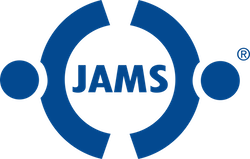 We live in a world of ever-growing concern about environmental harm to our health and well-being. As the science of detection improves, so does our awareness of large-scale releases of contaminants into the air, water and soil, which can affect large numbers of people and their property.
We live in a world of ever-growing concern about environmental harm to our health and well-being. As the science of detection improves, so does our awareness of large-scale releases of contaminants into the air, water and soil, which can affect large numbers of people and their property.
For example, high concentrations of lead were found in Flint, Michigan, and shortly thereafter in drinking water systems in New Jersey and New York. Large volumes of natural gas were released into the soils below the homes of residents in a southern California subdivision, which volatized into the air, and remained uncapped for months. A spate of PFOA-contaminated groundwater issues have arisen throughout the Northeastern states; and, of course, we are all familiar with the widespread injuries and property damage caused by hurricanes Sandy and Katrina to tens of thousands of people living in their paths.
In each of these cases, a single event or series of related events caused harm to large numbers of people. Generally, the types of harm suffered-either to persons or to property-are similar in character, but can differ enormously by degree among the affected population. While our judicial systems were neither designed nor are they equipped to handle cases involving thousands of litigants similarly affected-but in vastly differing measures-these matters provide a perfect opportunity to use ADR skills to resolve them intelligently and effectively.
A Solution to a Complex Web of Issues
Mediation and other ADR processes have repeatedly been enormously effective in resolving mass toxic-tort and environmental claims. ADR provides a way to condense many years of expensive court procedures into a precise, cost-effective and efficient process that provides fair and individualized compensation to thousands of people that were affected by an accidental release or other tragic event.
In addition, mediation provides the opportunity to weave together and settle at one time many interrelated disputes that may arise from a single event or contaminated area. For example, one cluster of environmental conflicts may involve civil suits among the private parties seeking an allocation of fault and payment for the cleanup, personal injury and property damage claims arising from the same contamination, regulatory enforcement or penalty actions brought by environmental agencies and attorneys general, and lawsuits between individual parties and insurance companies that issued multiple pollution policies over the years. The outcome of each of these cases may affect the ability of the parties to resolve the other cases. But no one court or administrative body ordinarily exercises jurisdiction over all of them. Mediation, however, provides a single forum where all these cases can be resolved in a coordinated way. It may be achieved through separate agreements but the effect is the same-all moving pieces are brought to rest at a meeting point at the mediator’s conference table. It’s the point where a settlement can be reached that comes closest to meeting the collective best interests of all parties. [Read more…]
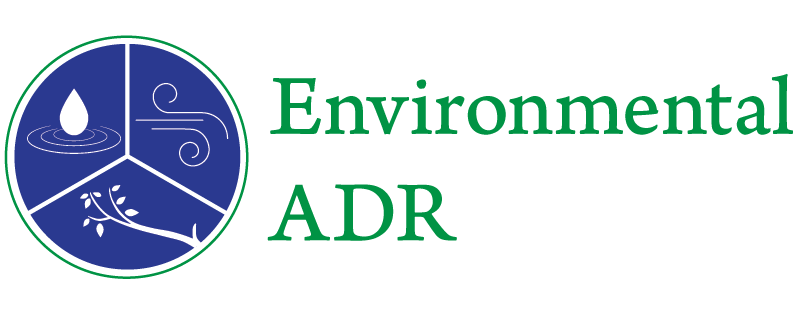
 A New York Times
A New York Times 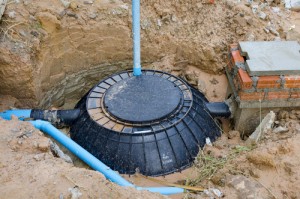
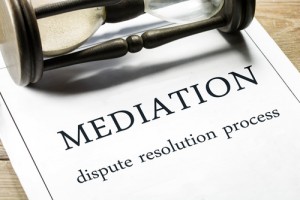 Practitioners in the field of ADR lament that mediation has become increasingly “judicialized” – meaning that it is all too often viewed as just another step on the litigation path toward trial. That was not the prevailing view when I began my mediation practice almost 25 years ago. Mediation was viewed as a uniquely significant settlement opportunity, where the parties came prepared to explore settlement options and to negotiate their way to that end.
Practitioners in the field of ADR lament that mediation has become increasingly “judicialized” – meaning that it is all too often viewed as just another step on the litigation path toward trial. That was not the prevailing view when I began my mediation practice almost 25 years ago. Mediation was viewed as a uniquely significant settlement opportunity, where the parties came prepared to explore settlement options and to negotiate their way to that end.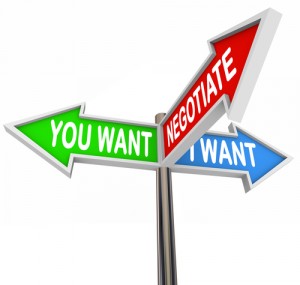
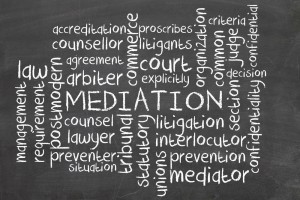 There has been a lot of news recently about large-scale releases of contaminants into the air, water and soil, which have affected large numbers of people and their property. One such example is the discovery of high concentrations of lead in Flint, Michigan’s drinking water system. Another is the ongoing release in Southern California of large volumes of natural gas into the soils below the homes of residents living there. Other examples include the oceanic release of oil into the Gulf of Mexico, and the widespread property damage caused by hurricanes Sandy and Katrina to many thousands of people living in their paths.
There has been a lot of news recently about large-scale releases of contaminants into the air, water and soil, which have affected large numbers of people and their property. One such example is the discovery of high concentrations of lead in Flint, Michigan’s drinking water system. Another is the ongoing release in Southern California of large volumes of natural gas into the soils below the homes of residents living there. Other examples include the oceanic release of oil into the Gulf of Mexico, and the widespread property damage caused by hurricanes Sandy and Katrina to many thousands of people living in their paths.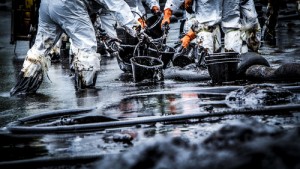 Lawyers are creatures of habit. We are steeped in it. It starts with the training we receive in law school where we are taught a series of rules and procedures to be followed in all legal proceedings. In litigation the rules cover everything from cradle to grave, starting from the initiation of a lawsuit through trial and final appeal. The rules are intended to guarantee that each case will receive identically fair consideration and due process protections, irrespective of who the parties are or the nature of the dispute. Everyone is entitled to equal treatment and the process is the same for everyone. Every case is handled the same way.
Lawyers are creatures of habit. We are steeped in it. It starts with the training we receive in law school where we are taught a series of rules and procedures to be followed in all legal proceedings. In litigation the rules cover everything from cradle to grave, starting from the initiation of a lawsuit through trial and final appeal. The rules are intended to guarantee that each case will receive identically fair consideration and due process protections, irrespective of who the parties are or the nature of the dispute. Everyone is entitled to equal treatment and the process is the same for everyone. Every case is handled the same way. The title of this blog post is a quote from Nelson Mandela who cycled through the entire spectrum of dispute resolution tactics as leader of both peaceful protests and armed resistance against the white minority’s oppressive regime in a racially divided South Africa. He spent nearly three decades in prison for his convictions. In the end, he decided that talking to one’s adversary is the most powerful tool to resolve conflict. His comment was made with respect to resolving the most significant of societal issues, such as upholding human rights, and choosing between war and peace. But I believe it applies to more mundane concerns that are the subject of most lawsuits and other legal conflict as well.
The title of this blog post is a quote from Nelson Mandela who cycled through the entire spectrum of dispute resolution tactics as leader of both peaceful protests and armed resistance against the white minority’s oppressive regime in a racially divided South Africa. He spent nearly three decades in prison for his convictions. In the end, he decided that talking to one’s adversary is the most powerful tool to resolve conflict. His comment was made with respect to resolving the most significant of societal issues, such as upholding human rights, and choosing between war and peace. But I believe it applies to more mundane concerns that are the subject of most lawsuits and other legal conflict as well. I created this website to discuss real life examples of why environmental mediation really works. It is not a “how to” site. There are thousands of those out there. It’s more of a “why” or, more accurately, a “why not” site. It is focused particularly on why environmental mediation fits so well into and is consistent with the aims of maintaining and cleaning up our environment, our waters, air and soil.
I created this website to discuss real life examples of why environmental mediation really works. It is not a “how to” site. There are thousands of those out there. It’s more of a “why” or, more accurately, a “why not” site. It is focused particularly on why environmental mediation fits so well into and is consistent with the aims of maintaining and cleaning up our environment, our waters, air and soil.
